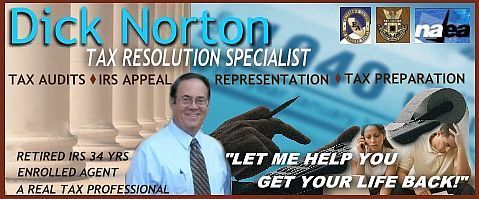Job-hunting expenses are deductible as a miscellaneous deduction. That means you need to itemize your deductions (rather than take the standard deduction) in order to be able to deduct them. Further, job hunting expenses are subject to the 2% AGI limitation.
To be eligible, you must be seeking a job in your current line of work. That means if you’re a nurse and you’re looking for a new nursing position, you qualify. Should you decide you’d like to become a librarian, you won’t be able to write off the cost of finding a new position.
To illustrate, if your Adjusted Gross Income (AGI) is $50,000, 2% of that amount is $1,000. Therefore, you can get a benefit for all miscellaneous deductions that exceed $1,000 in total.
If you’re out of work, or even if you’re still employed but looking for a new job, all of your job hunting expenses are deductible. Such expenses would include resumes, phone calls, postage, travel costs and any other expenses related to your attempt to get a new job. If you’ve done a lot of driving in your job search, you can deduct mileage for your 2004 return.
Creativity here can be rewarding. For example, if you take a friend to lunch in an attempt to use him as a reference or referral, you can use the cost of the lunch as a job-hunting expense (subject to the 50% meal limitation).
Remember that not all job-hunting expenses are deductible. For example, expenses for looking for a new job in a different occupation than the one you held previously are not deductible, nor are expenses for looking for your first job in any occupation. If there was a substantial break between the ending of your former job and the beginning of your quest for a new job, the expenses are also disallowed.
Here are some examples of deductible expenses:
- Employment agency fees.
- Costs for a résumé, including amounts you spend for typing, printing, and mailing.
- Travel expenses you pay if the trip is primarily to look for a job. Travel expenses include costs for transportation, meals, and lodging. Mileage is deductible at 36.5 cents/mile.
- Long distance telephone calls to prospective employers
- Newspapers and periodicals
For some job hunters, the cost of travel is their largest expense. Air or train fares, hotel and meal expenses, cab fares, and other incidentals may be deductible when you travel for an interview. This holds true only if your primary reason for the travel was related to your job search. The amount of time you spend on personal activities compared to the amount of time you spend looking for work determines whether your expenses are deductible. You may not deduct expenses for which a prospective employer reimburses you.
